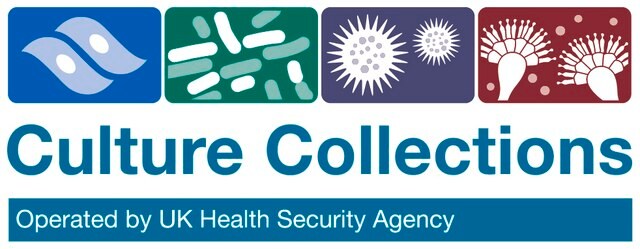10112301
P4E6 cell line
human prostate, Epithelial
About This Item
Prodotti consigliati
Nome del prodotto
P4E6 cell line,
Origine biologica
human prostate
Livello qualitativo
Modalità di accrescimento
Not specified
Cariotipo
Not specified
Morfologia
Epithelial
Prodotti
Stains positive for pancytokeratin, cytokeratin 8, vimentin (weak) and chromogranin A. Prostate markers expressed include prostate specific antigen (PSA) prostate specific membrane antigen (PSMA), negative for expression of androgen receptor (AR).
Recettori
Not specified
tecniche
cell culture | mammalian: suitable
Malattie correlate
cancer
Condizioni di spedizione
dry ice
Temperatura di conservazione
−196°C
Origine della linea cellulare
Profilo DNA
Amelogenin: X
CSF1PO: 12
D13S317: 11
D16S539: 11
D5S818: 12
D7S820: 7,8
THO1: 7,9.3
TPOX: 8
vWA: 17,19
Terreno di coltura
Mantenimento delle subcolture
Altre note
Esclusione di responsabilità
Codice della classe di stoccaggio
10 - Combustible liquids
Classe di pericolosità dell'acqua (WGK)
WGK 3
Punto d’infiammabilità (°F)
Not applicable
Punto d’infiammabilità (°C)
Not applicable
Scegli una delle versioni più recenti:
Certificati d'analisi (COA)
Ci dispiace, ma al momento non ci sono COA disponibili online per questo prodotto.
Se ti serve aiuto, non esitare a contattarci Servizio Clienti
Possiedi già questo prodotto?
I documenti relativi ai prodotti acquistati recentemente sono disponibili nell’Archivio dei documenti.
Il team dei nostri ricercatori vanta grande esperienza in tutte le aree della ricerca quali Life Science, scienza dei materiali, sintesi chimica, cromatografia, discipline analitiche, ecc..
Contatta l'Assistenza Tecnica.
